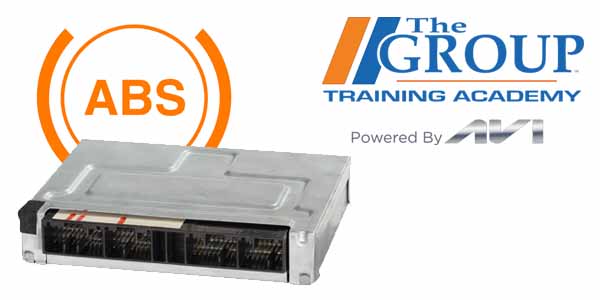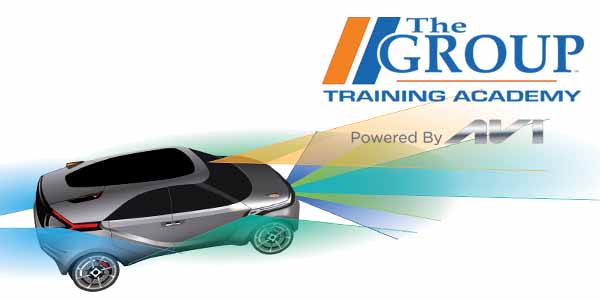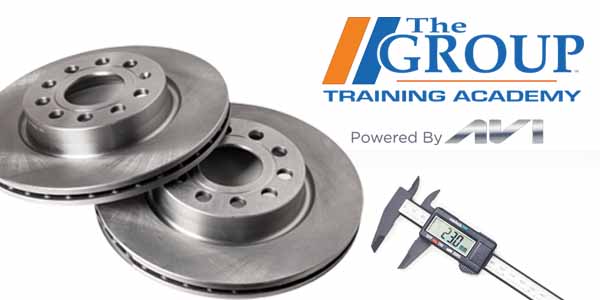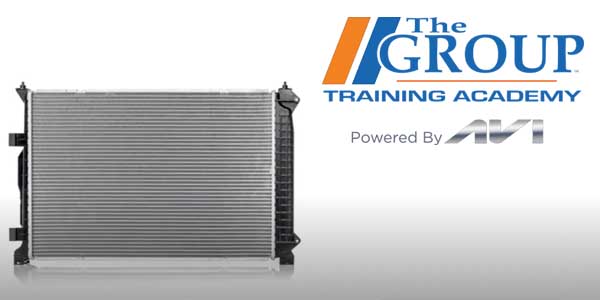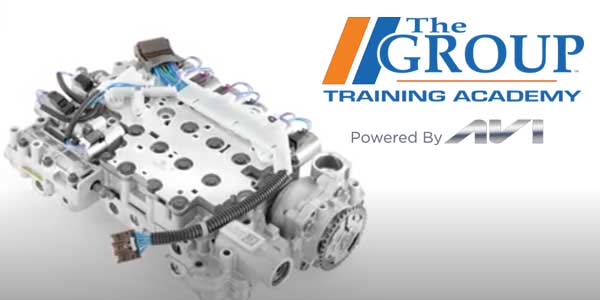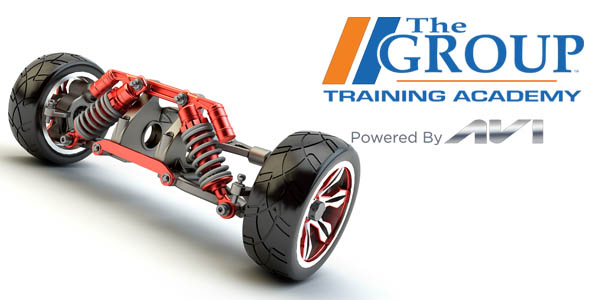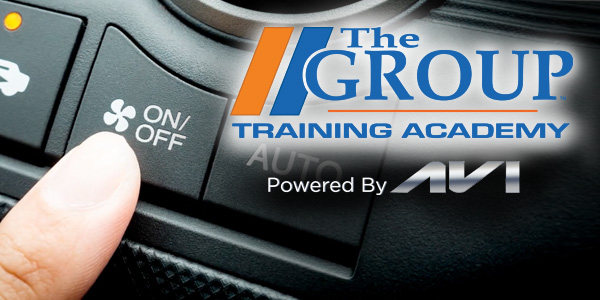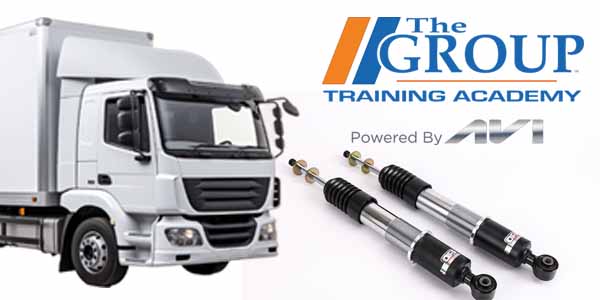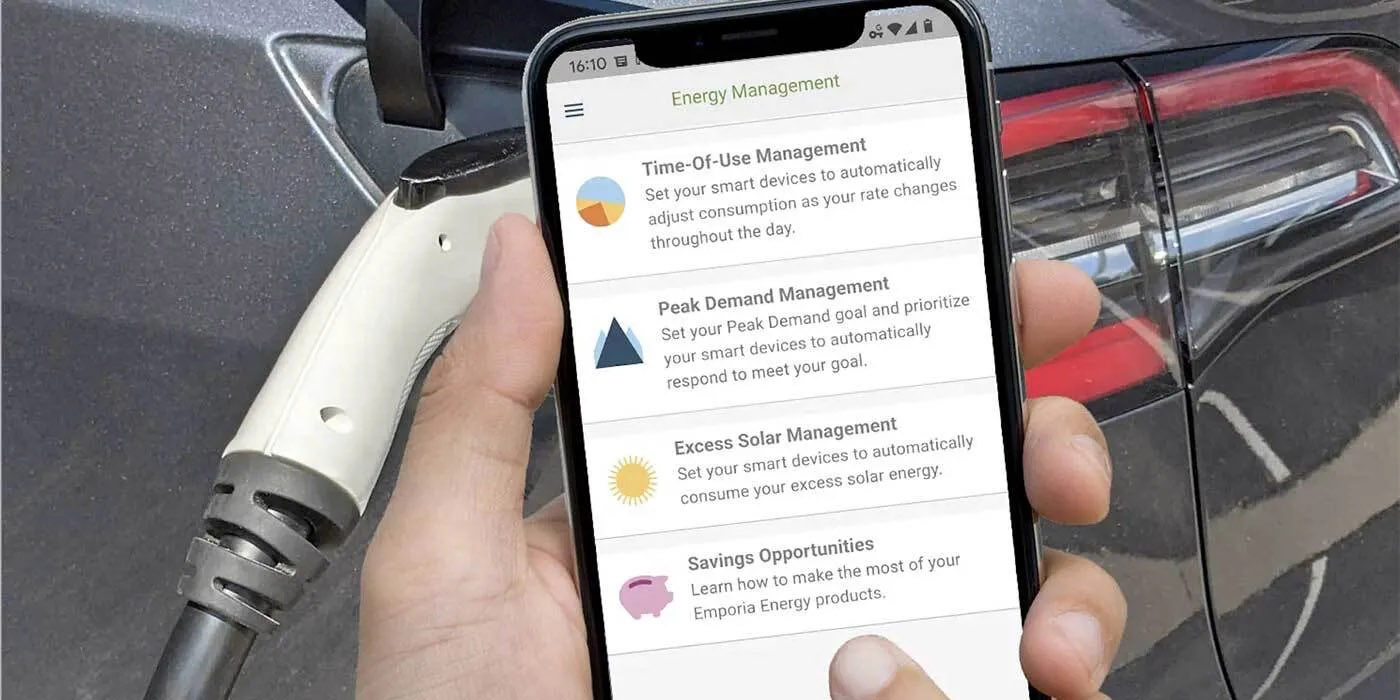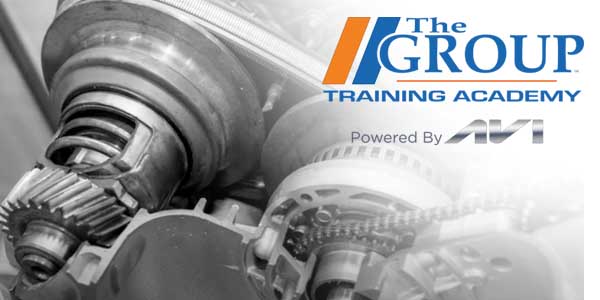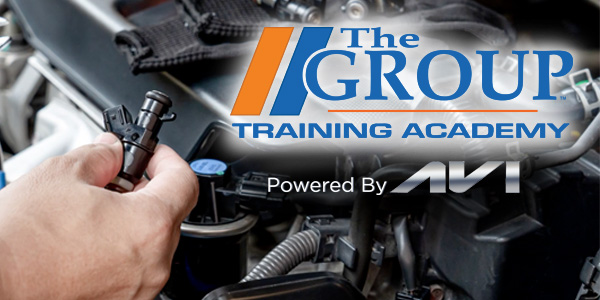Today’s spark plugs last a lot longer than they did in the early years of the internal combustion engine, when plugs had a life expectancy of under 1,000 miles.
Spark plugs with tips made from noble metals such as platinum and iridium offer better performance and corrosion resistance than the standard copper/nickel plugs of yesteryear.
Some spark plugs can be expected to last 100,000 miles or more, although with today’s gasoline direct-injection and turbocharged engines, the change intervals might range from 30,000 to 60,000 miles.
This video is sponsored by The Pronto Network.

